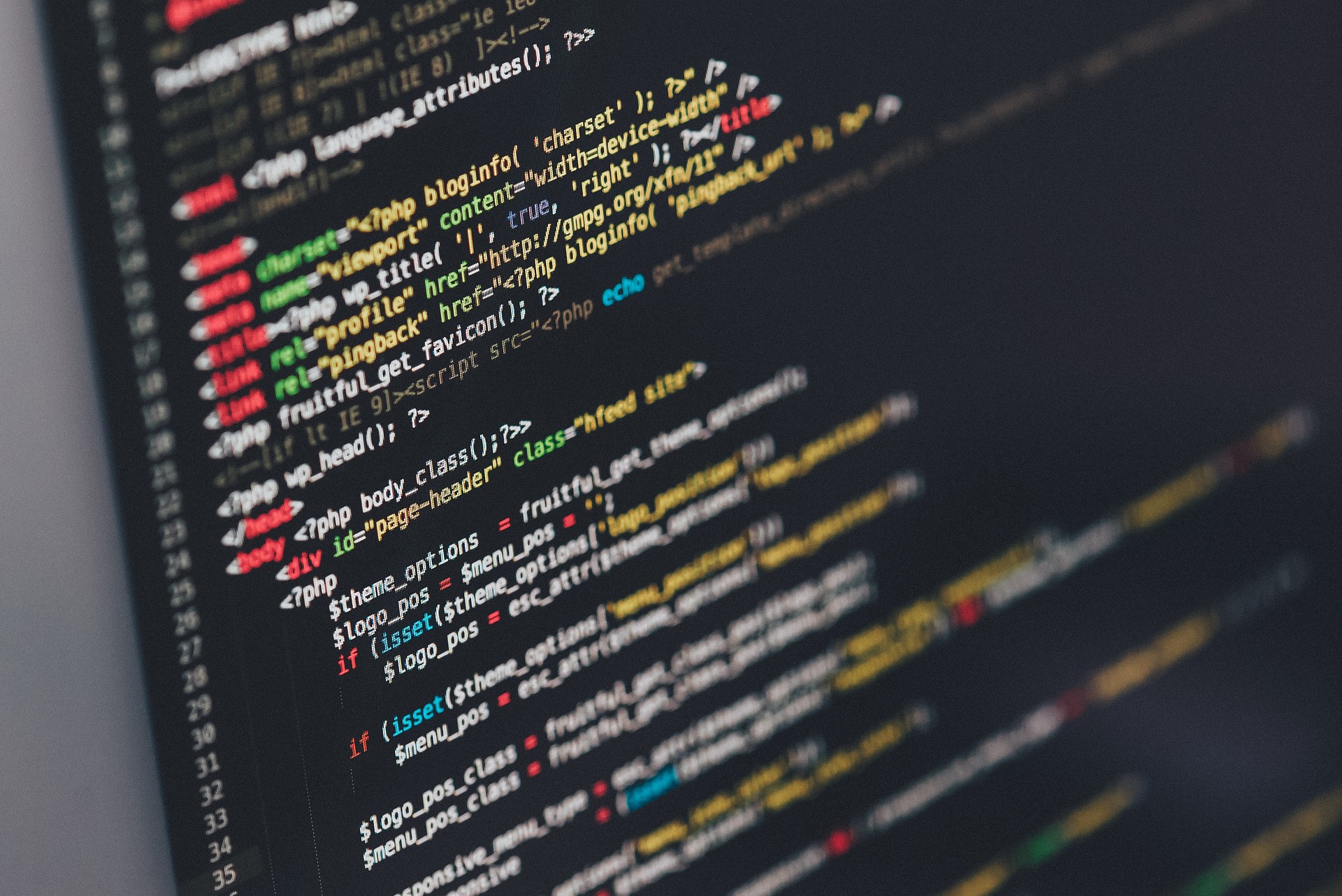KuCoin Responds to the $180,000 Market Making Disturbance: Suspected Fraud by Pretending to Be KuCoin Employees
Editor's Note: This article comes fromtheblockcrypto.com,author:Isabel Woodford
,author:
Editor: Lu Xiaoming

Translator: Cha Liang
Editor: Lu Xiaoming
On February 20, the foreign blockchain media The Block revealed that the Hong Kong digital currency exchange KuCoin has issued an ultimatum to many projects with low trading volume. fate. In late 2018, tokens from 16 projects were simultaneously delisted from KuCoin, which KuCoin called "useless tokens" that failed to generate trading volume for KuCoin's 5 million registered users.
In this regard, the Odaily reporter contacted KuCoin, and the person in charge of KuCoin’s marketing department responded, “When the media contacted us before the release of the report, we had done an internal self-examination, and there was no KuCoin employee charging the project party $180,000 for market making. Fei’s behavior; due to frequent incidents of defrauding KuCoin employees, we asked the media to provide screenshots of relevant emails to help us verify whether the company’s employees have violated the regulations, but the other party did not provide and released reports that were not fully confirmed. We are deeply disappointed; we will not condone behavior that violates company policy.""The Block found that at least four projects have received an ultimatum from KuCoin: pay a market-making fee of up to $180,000, or face refunds."Jibrel, Encrpgen, Publica and Unikrn tokens were included in KuCoin’s so-called “Traffic Exchange” after trading volumes fell to 18% of daily trading volume (the lowest warning line), sources said.
special treatment
camp (Special Treatment rules), and then they were told there was a quick way to restore volume: market making.
Jibrel’s COO Talal Tabbaa said: “We received an email, which was intended to tell us that there are ways and capabilities to increase the volume of token transactions, otherwise they will be withdrawn. Then, they suggested that market makers help We hit the minimum daily transaction volume they set for the project. I was blown away by what they were asking for."
KuCoin also allegedly emphasized that market makers can help the project meet minimum transaction volume benchmarks without being refunded by KuCoin.
“It was supposed to be for money laundering transactions. I’m 100% sure. Our token volume was guaranteed, but something must have gone wrong,” Tabbaa said. The Block reporter contacted KuCoin, and the company confirmed that the author of the email was indeed the email address of a current KuCoin employee.
Tabbaa ultimately turned down the $180,000-a-year market-making offer, citing "natural demand.""Encrypgen CEO David Koepsell had a similar experience. Koepsel said they were encouraged by KuCoin to increase the token’s trading volume through market making."
Koepsell told The Block,
KuCoin sent us a message saying that we have a problem with volume and would we be interested in paying for market making.
In fact, in emails obtained by Block, KuCoin pitched him a “premium marketing package” for $90,000 in bitcoin. He refused to pay, and within a year of listing, KuCoin emptied Encrypgen of its tokens. “We found that their approach was quite hypocritical, they bought our tokens at the beginning and then sold them in the market, just to get trading volume.” Koepsell said.
Another project involved in behind-the-scenes delisting negotiations is Publica, a blockchain-based book lending service. Their CTO, Yuri Pimenovm, broke out that the project accepted KuCoin’s offer after being listed in KuCoin’s “special handling” category and “attempted to test for fake transaction volumes.” However, they quickly terminated the transaction with KuCoin because the market-making fees exceeded their original agreement. Publica declined to comment when contacted by The Block to confirm.
Finally, Rahul Sood, CEO of gaming company Unikrn, publicly stated that he also received an offer from KuCoin to help them make markets. He told The Block that they came up with a set of fees...essentially "faking your transaction volume". Despite Sood’s refusal to pay for market making, Unikrn continues to appear on KuCoin and has yet to be delisted. "What we are doing on KuCoin is legitimate business activities, not listing on KuCoin for false trading volume." Sood finally said.
Coinroutes CEO Dave Weisberger told The Block that KuCoin’s so-called market quotes do not fit the model of traditional market maker liquidity.
"The impact of trading volume fraud is very bad, misleading investors, causing investors to be unable to see the real trading status of tokens. In fact, the exchange should be a neutral party and not involved in the interests of any party. In this way of KuCoin Under the market-making model, both parties to the transaction may have a huge conflict of interest. Any market-making subsidiary needs to set up information barriers and be audited,” Weisberger said.
In traditional finance, market makers are intermediaries who buy and sell regulated stocks, earning the price difference for taking on short-term risk. But cryptoeconomic analyst Sylvain Ribes explained that Chinese exchanges tend to define "money laundering" transactions as market capitalization, which is actually illegal in the United States because they artificially raise or lower prices.
Ribes told the Block after spotting clear signs of massive hidden orders on KuCoin: “It sounds like a money laundering transaction, trading with yourself to inflate transaction volume… You can launder millions of dollars in transactions, but It doesn't help improve your mobility."
Weisberger pointed out that if there is no external force to buy and sell tokens, and there is no real demand for tokens in the market, it is likely that the volume is inflated. “If an exchange wants to fake volume, there are two reasons in most cases. One is to get the listing fee, or because they bought the token, they want a higher price. Both cases are fraudulent .”
When The Block reached out to KuCoin for comment, the company said it never provided market-making services and suggested that other information suggested by the emails may have come from fraudulent email addresses.
They acknowledged, though, that it would be a problem if the allegations were correct. “If these emails are genuinely from KuCoin employees, we will definitely take action to deal with violations of company policies,” a KuCoin representative said.
It needs to be clear that the 16 projects that have been delisted in the latest round do not necessarily all have quantity problems, nor do they all have received so-called offers."Commentators said the risky plan for delisting may not be limited to KuCoin. Three projects also told The Block that OKEx offers them a similar service, but is "more cautious" in this regard, and instead asks for "transaction fees" - which they believe is a euphemism for volume manipulation.
Sylvain Ribes told The Block,
My hunch is that a lot of exchanges are doing this right now. And many projects actually accept that they do this, they don’t care if it’s a money laundering transaction, they only care about their transaction volume... and they will keep doing this until they run out of money. "



